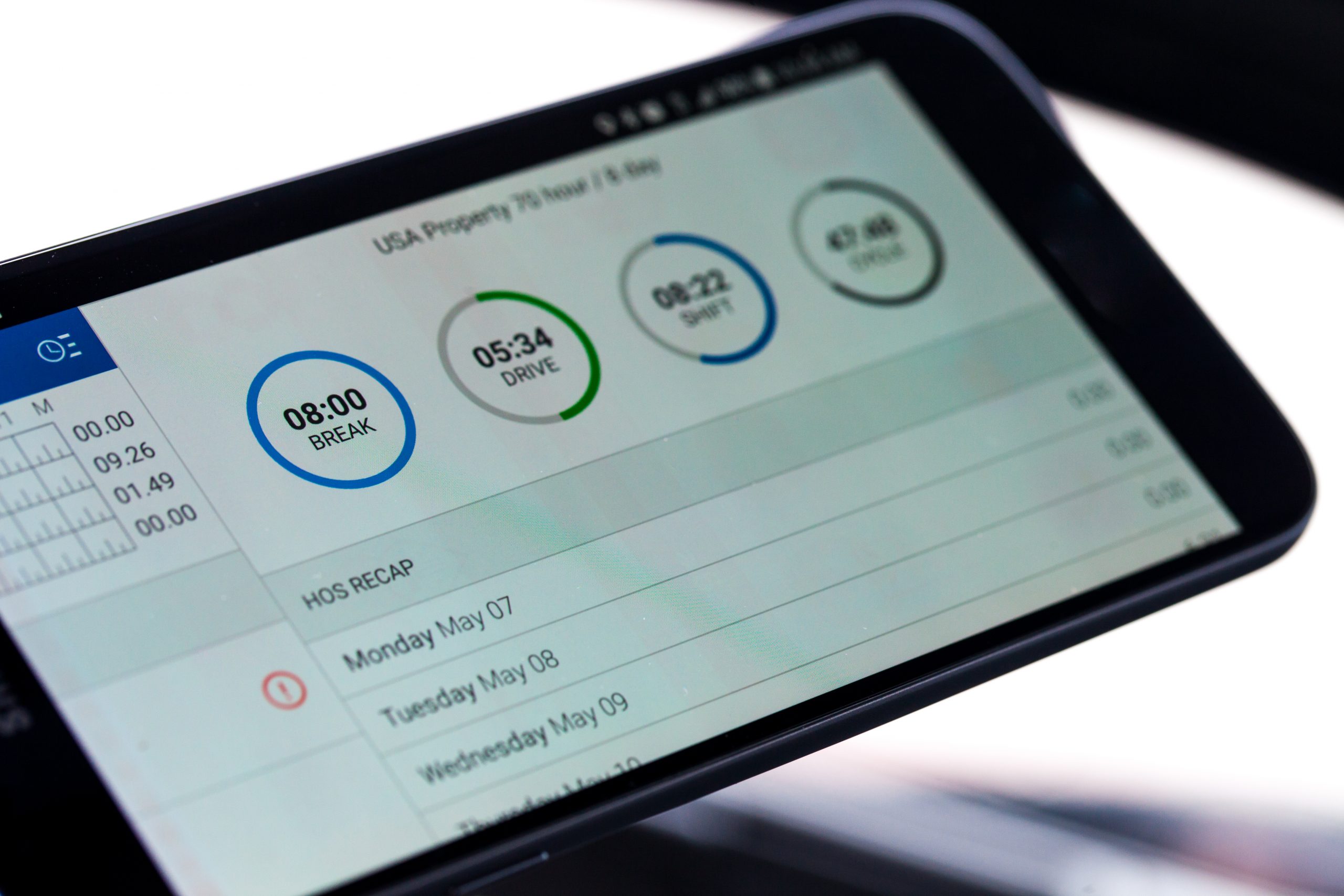Electronic Logging device mandate was designed to keep drivers and others on the road safe. All drivers and carriers subject to the rule must use self-certified ELDs that are registered with the Federal Motor Carrier Safety Administration (FMCSA). Truck drivers have been required to keep an ELD in their cabins to ensure they follow a pre-existing law that limits truckers to driving 11 hours in a 14-hour window. The trucking industry has been recently dominated by a lack of technology, truckers logged their hours with paper logs until the ELD law came into effect. Though ELD is of great help, fleet managers and truck drivers may still be struggling to curb their old ways of manually logging Hours of Service (HOS) or not fully understand the impact these telematics devices can have on their operations. ELDs were primarily introduced for compliance with the FMCSA’s final ELD rule, but with advanced telematic solutions, they are now much more powerful and serve many different purposes.
ELD brings a host of benefits for drivers, dispatchers, and fleet managers. These benefits go beyond mere compliance with the law.
Increased Safety and Compliance
According to an estimate by FMCSA, ELDs will help save 26 lives and prevent 562 injuries every year. Making fleets with ELD safer than fleets without one. Report on driver behavior such as speeding, harsh braking, idling and utilization of the vehicle will allow fleet managers to monitor driving trends increasing the safety of drivers.
Tracking and Route Optimization
ELD allows fleet managers to track and monitor their vehicle and give them real time visibility while improving productivity. Detailed report on fleet location and trip history enables fleet managers and drivers to plan out the shortest route. Better route optimization not only streamlines operations but it also helps fuel saving while increasing the productivity and reducing operational costs.
Vehicle Diagnostics
ELD provides real-time and retrospective reporting on fuel, carbon, odometer, and fault codes. This allows fleet owners to plan the vehicle maintenance plans and helps avoid sudden downtimes due to unforeseen vehicle problems. Details report on fault code detection and real time alerts on vehicle issues keeps you ahead of any vehicle maintenance issues.
IFTA Compliance
According to the International Fuel Tax Agreement (IFTA ) fleets that operate in more than one jurisdiction need to file a quarterly fuel tax report detailing fuel use in each state. ELD simplifies IFTA calculation as it captures the IFTA data, automates the calculation process and creates the reports saving thousands of dollars, time and reduced operational cost. Furthermore, automated IFTA reports with no errors or inconsistencies also reduce audit risk
Identifying Bad Driving Behavior
Identifying bad driving behaviors, such as excess acceleration, hard braking and cornering is one of the major benefits of ELD. When Fleet managers have data on driver’s driving behavior they can help them improve their driving performance. Identifying high-risk drivers reduces the number of potential accidents and liabilities. Without electronic logging devices, it was difficult to efficiently track and gather this information.
A good ELD system goes far beyond just ticking the legislation compliance box for the now regulated ELD mandate. It also identifies other areas in which fleets can become safer and more efficient. ELDs, or electronic logging devices, can help fleets streamline their operations, increase productivity, maximize profits, and explore new business opportunities by getting more efficient as what they do. Additionally, with all the information that ELDs gather, trucking companies can grow at a much faster pace. After all, the right set of data helps you explore growth opportunities.


